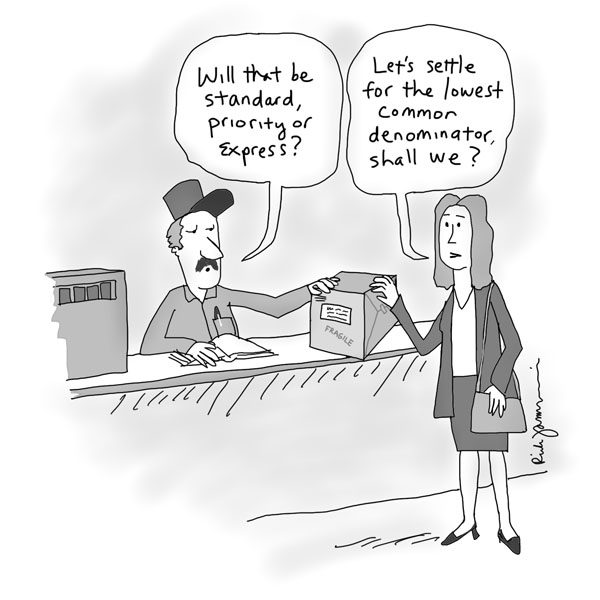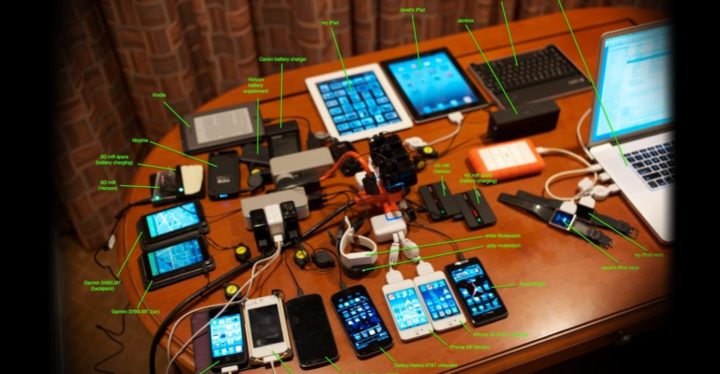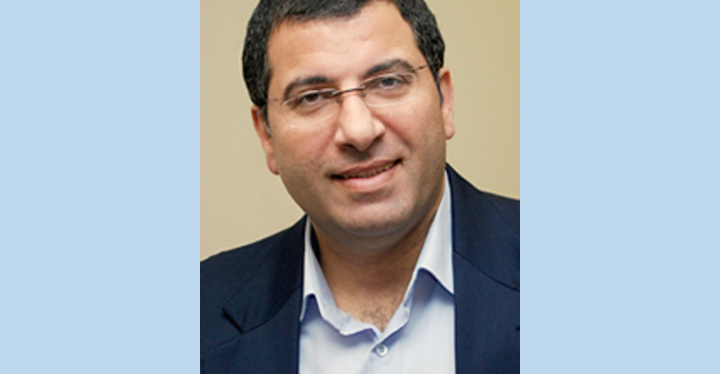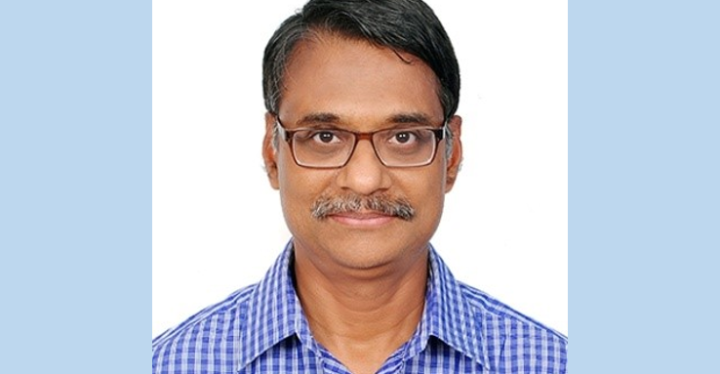June 2016 | Volume 6, Issue 2 | Wireless Power Transfer and related standards |
Developments in Wireless Power Transfer Standards and Regulations
Selected Developments in Wireless Power Transfer Standards and Regulations Abstract Selected advances in the use and development of wireless power transfer (WPT) standards and regulations in Europe and Japan are reported. The European research program COST-WiPE (European cooperation in science and technology–wireless power transmission for sustainable ...
Featured Articles
Featured Video: Meet the Author – Ron Schneiderman
The IEEE.tv Meet the Author Series offers one-on-one interviews with leading experts in the field. Meet the authors of conference papers, technical articles, IEEE books and eBooks. In this featured video, you'll meet Ron Schneiderman, the author of the book, "Modern Standardization: Case Studies at the Crossroads of Economics, Technology and Politics."Related Content: Check out Dr. Ahmed Khan's Book Review of Modern Standardization,by Ron Schneiderman that was published in the June 2016 eMagazine issue.
Featured Courses

Letter from the Editor
"Look Ma, No Hands, No Wires!"
Today, most of us take access to Wi-Fi (IEEE Std. 802.11n™) for granted. That’s what makes our daily lives go-around at home, in the office or on the road with access to information across the Internet. Compared to the ‘tethered’ internet access of a few years ago, we became so much more mobile, and productive now having “cut the cord.” But one aspect of our technology usage that is still tied to cords is the need for power even when you have battery operated devices. Think about all of the devices in our lives that require batteries to be recharged: wireless phones, laptops, electric vehicles, medical devices, all the fun wearables and so much more. What if you didn’t need to plug in a device to recharge its battery or what if your device didn’t even need a battery for its power supply? There are a number of standards currently available and in development that support just that through Wireless Power Transfer (WPT) that can allow us to “cut the cord” to traditional power sources. (more…)Student Application Papers
Student application papers applying industry standards are papers submitted by students, or their faculty mentors on their behalf, in which an industry technical standard(s) was applied (analyzed and implemented). Each paper highlights specific design choices in the application of various technical standards and describes the resulting product, process, or service. Click on the title to view the full paper.
-
Implementation of a QI Compliant Wireless Power System for an Underwater Probe (PDF, 1.5 MB), by Heitor M. Santos, Luiz F. O. Chamon, and Cassio G. Lopes, Signal Processing Lab, Electronic Systems Engineering Department, University of Sao Paulo, Brazil
Funny Pages

CALL FOR IEEE STANDARDS EDUCATION EMAGAZINE CONTRIBUTIONS
The IEEE Standards Education eZine Editorial Board invites contributions from industry practitioners, educators and students on topics related to education about technical standards. Interested parties may submit an inquiry or article abstract for consideration to the Editorial Board at any time throughout the year via email to: ezine-eb@listserv.ieee.org. Abstracts should be no longer than 500 words and final articles should be no more than 2,000 words. Particular areas of interest include, but are not limited to:
- impact and development of standards in various regions of the world;
- reliance by employers on complying with standards for introducing their products to the marketplace
- best practices and ideas for incorporating standards into the classroom and curricula










